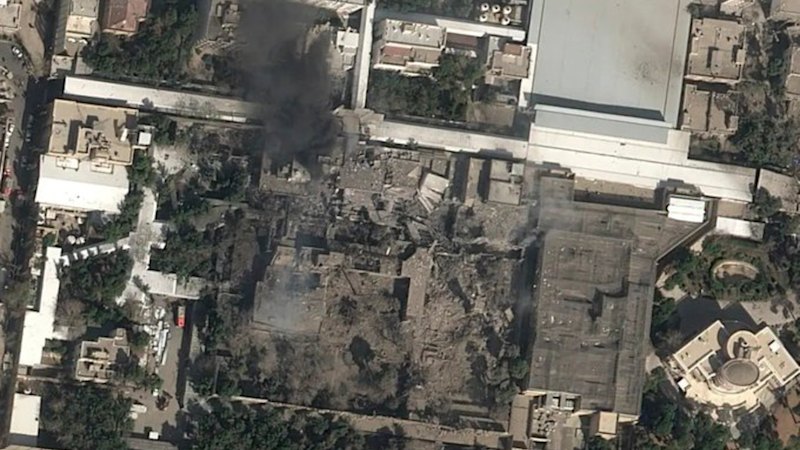
Anthony Albanese embarked on a six-day visit to China, engaging in efforts to strengthen economic ties with Australia’s largest trading partner. His trip comes at a delicate moment, with heightened diplomatic tensions between the United States and China influencing Australia’s foreign relations.
On October 15, 2023, Albanese received a red jersey adorned with the number 10 from former Socceroo Kevin Muscat, now coaching the Shanghai Port Football Club. The number 10, significant in Chinese numerology, symbolizes balance, paralleling Albanese’s aim to maintain diplomatic equilibrium. During their stroll along Shanghai’s iconic Bund, Albanese acknowledged Muscat’s contributions and the importance of fostering people-to-people connections between Australia and China.
Efforts to rebuild ties are crucial, especially following years of strained relations under the previous government. Albanese’s approach includes initiatives to attract high-spending Chinese tourists back to Australia and rekindle goodwill. This charm offensive, however, unfolds against a backdrop of geopolitical uncertainty.
The United States is pushing Australia and Japan to clarify their positions regarding potential conflict with China over Taiwan. Colby, a senior US official, emphasized the need for allies to enhance defense spending and preparedness, stating that this reflects a “common sense agenda of restoring deterrence and achieving peace through strength.” Albanese responded, reaffirming his commitment to advancing “peace and security in our region” and highlighting the importance of mature diplomatic engagement.
In a bid to revitalize Australian tourism, Albanese launched a $130 million marketing campaign in partnership with online travel agency Trip.com. The campaign aims to entice Chinese travelers with images of Australia’s stunning coastlines and Outback adventures. Despite this effort, the challenge remains significant as China focuses on domestic tourism to stimulate its economy.
Beijing has initiated a patriotic tourism campaign encouraging Chinese citizens to explore their own country. Local governments are promoting travel within China, resulting in a surge of interest in destinations like Zibo and Harbin. This internal push taps into a sense of national pride and cultural identity, which poses a challenge for Australia as it vies for the attention and spending of Chinese tourists.
As Albanese and his delegation arrived in Shanghai, the bustling atmosphere of the Bund reflected the renewed interest in tourism. Influencers and tourists alike flocked to the area, capturing the stunning skyline against the backdrop of a recovering tourism sector.
The ongoing efforts to attract Chinese travelers underscore the broader economic implications for Australia. With approximately $20 trillion in household savings in China, unlocking consumer spending is critical for both nations. Australia faces competition not only from other countries but also from China’s own burgeoning tourism industry, which is strategically backed by the state.
Albanese’s trip to China represents a significant opportunity to redefine Australia’s relationship with its largest trading partner. As he navigates the complexities of international diplomacy, the balance between economic interests and geopolitical realities will remain a focal point of his administration’s foreign policy.






